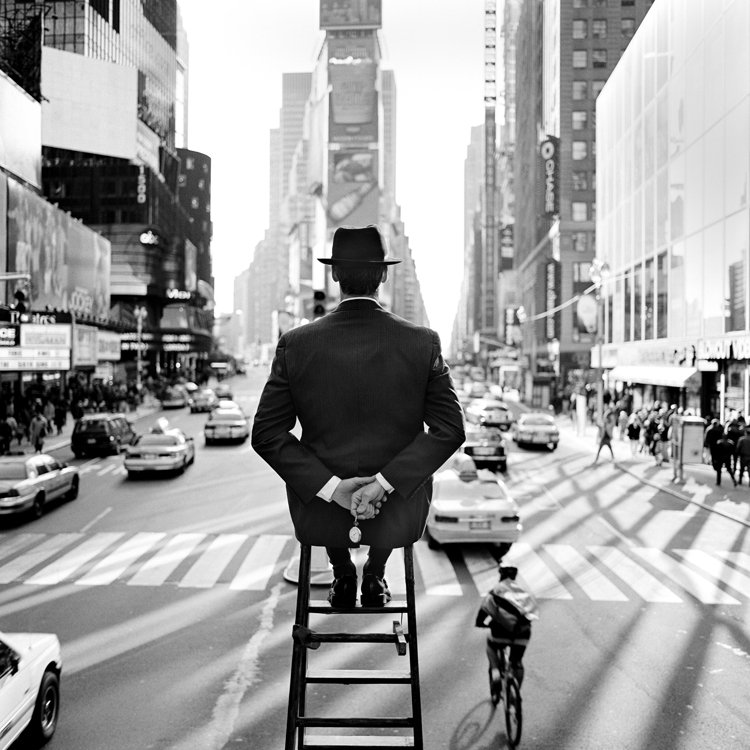
Movin' On Out
On January 25th, 1968, on a cold frigid night, I began to realize that the world I loved and knew was slipping away before me. I must admit it was a peculiar place and time to realize this, but often life will do this to you.
It all happened at Sardi’s, a well-known theater rendez-vous and restaurant. It was opening night for Robert Anderson’s, “I Never Sang for My Father” and as usual there was a post-opening night party for the cast, friends, supporters, etc., upstairs at this famous haunt.
Robert Anderson was a famous playwright with a long list of Broadway hits and movie credits behind him. He was one of America’s most loved and revered playwrights. He also happened to be my Father-in-law, confidant, and important influence in my early years.
Everyone was there in anticipation, enjoying the reverie, the food, and laughing. Everyone was relieved that opening night was behind them, but in dread of the reviews, which in a few hours, could make or break the play. In reality, there was only one review that mattered at that time, and that was the review of The New York Times.
Robert Anderson was a contemporary of Arthur Miller, William Inge, and Tennessee Williams. On the musical side he was a friend of Richard Rogers. Around this time all of these people and many more without them realizing it, were being discarded for a more modern, discordant, expressionistic world. Modernism had invaded the arts and it was slowly permeating every facet of contemporary culture. For a critic, it was imperative to be in the know. Your job was to be on the cutting edge, leaping forward into the modern world, never-mind what it looked like, as long as it was new. It was so exciting, or so everyone felt.
There was modern, even the beginnings of post-modern architecture, which, except in the hands of very few, such as Louis Kahn, reflected a truly ugly vernacular. There was horrific discordant music, novels without ends, painting that abandoned realism, beauty and discipline for spontaneity, energy and excitement.
It was all changing right before my eyes, but on that January night in 1968, upstairs at Sardi’s that a small explosion occurred in my head. I realized I was straddling the world I knew and loved and the new world that lay right before me. I was so young. I had to find a way to embrace or at least acknowledge what lied before me.
Every facet of contemporary life was now up for grabs. Ella Fitzgerald and Frank Sinatra were completely overrun by Rock and Roll, and unfortunately the world and its critics did not seem able to accept one along with the other. There was no room for both. To be in the know, one had to choose.
So on that fateful day in 1968, Robert Anderson received an early copy of the review of his play, by Clive Barnes of The New York Times. He panned it as old fashioned with sentiment too powerful for the modern world. This masterpiece of a play closed after 124 performances. Robert Anderson, after this play, could never again get a favorable review from The New York Times. His time had come and gone. A man I loved and admired had been rejected. His voice was no longer needed or heeded. His accomplishments represented the past, and the future had no room for him or many of his contemporaries.
Sure there were revivals and accolades, but the world was ready to discard and leave Robert Anderson and his contemporaries behind. It was a new day.
Even on that night, I realized I was a misfit. What I loved and respected was being rejected and what I thought ugly and sensational was being applauded; yet there had to be a place where I belonged. Oh where, oh where would I go?

